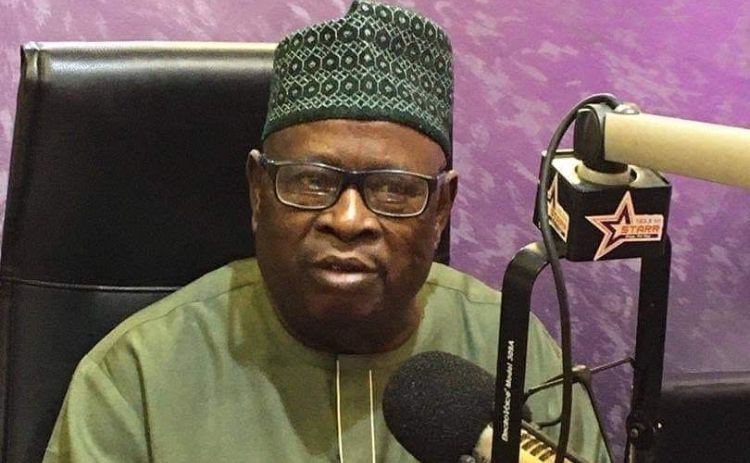The Ghanaian parliamentary proceedings were marred by an unprecedented display of disorder and chaos during the ministerial vetting process on Thursday, January 30th, 2024. The incident, which involved physical altercations and damage to parliamentary property, has drawn widespread condemnation and raised serious concerns about the decorum and integrity of the legislative body. The clash stemmed from a disagreement between the Majority and Minority caucuses regarding the vetting of two nominated ministers, Kwabena Mintah Akandoh and Samuel Okudzeto Ablakwa. The incident has sparked a national debate about the conduct of parliamentarians and the urgent need to restore public confidence in the institution. Cletus Avoka, a veteran parliamentarian and former Majority Leader, expressed deep concern over the incident, characterizing it as a damaging blow to the reputation of both Parliament and the nation as a whole.
The root of the conflict lay in the Majority caucus’s attempt to reschedule the vetting of the two nominees, a move vehemently opposed by the Minority. The Majority’s rationale for the postponement remains unclear, fueling speculation and accusations of political maneuvering. The Minority, however, viewed the attempt as a deliberate tactic to obstruct the vetting process and potentially undermine the nominees. This perceived procedural irregularity escalated tensions within the chamber, setting the stage for the subsequent eruption of chaos. The refusal of the Majority to consider the Minority’s concerns further exacerbated the situation, leading to a breakdown in communication and a complete disregard for parliamentary decorum.
The escalating tension between the two caucuses quickly devolved into a physical confrontation. Minority members, frustrated by what they perceived as an unfair and undemocratic process, resorted to disruptive tactics to halt the proceedings. Tables were overturned, microphones were damaged, and the chamber descended into a state of disarray. This unprecedented display of physical aggression within the hallowed halls of Parliament shocked the nation and underscored the deep divisions within the legislative body. The incident not only disrupted the vetting process but also undermined the authority and credibility of Parliament.
In the aftermath of the chaotic scenes, Speaker of Parliament Alban Bagbin took swift action to address the misconduct and restore order. Four Members of Parliament, two from each caucus, were identified as key participants in the disruption and subsequently suspended for two weeks. This disciplinary measure, while necessary to maintain order, also highlighted the bipartisan nature of the conflict and the collective responsibility of all parliamentarians to uphold the dignity of the institution. The suspended MPs included Alhassan Sulemana Tampuli and Frank Annoh-Dompreh from the Majority side, and Jerry Ahmed Shaib and Rockson-Nelson Dafeamekpor from the Minority.
To thoroughly investigate the incident and determine the underlying causes, Speaker Bagbin also established a seven-member committee. This committee is tasked with conducting a comprehensive inquiry into the events of January 30th, gathering evidence, interviewing witnesses, and ultimately presenting its findings and recommendations to Parliament. The committee’s work is crucial not only for establishing accountability for the individuals involved but also for identifying systemic issues that may have contributed to the breakdown of order. The public proceedings, scheduled to commence on Wednesday, February 5th, aim to ensure transparency and public confidence in the investigative process.
The chaotic scenes witnessed in the Ghanaian Parliament represent a significant setback for the country’s democratic process. The incident has not only tarnished the image of Parliament but also raised concerns about the growing polarization and lack of civility within the political landscape. The investigation into the matter must be thorough and impartial, leading to concrete measures to prevent similar occurrences in the future. Restoring public trust in Parliament requires a commitment from all parliamentarians to uphold the highest standards of conduct and engage in constructive dialogue, even in the face of disagreement. The events of January 30th serve as a stark reminder of the fragility of democratic institutions and the importance of upholding the principles of respect, decorum, and adherence to established procedures.


